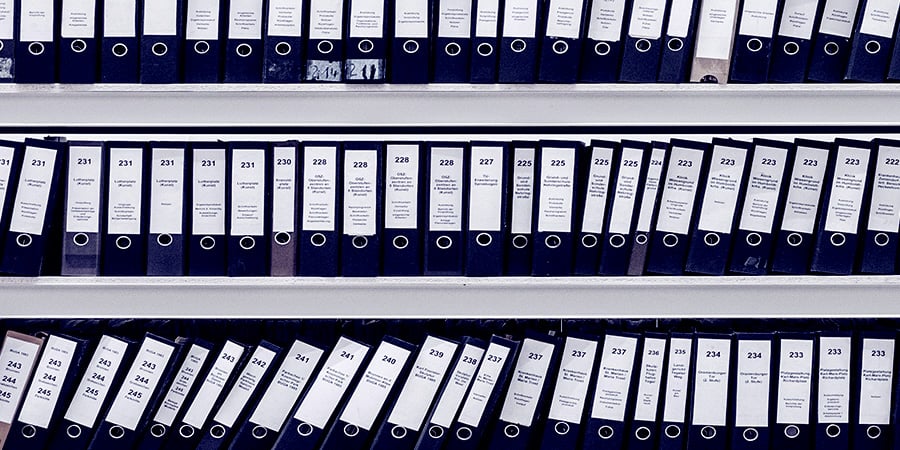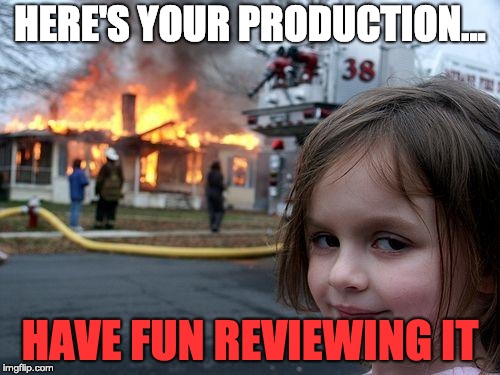PDF files are used in almost every industry as the standard file type for a document that has reached its “final” form, such as a signed contract, a filed pleading, or a scanned document. In contrast, when we’re still editing a document, it will be in Word, Excel, or some cloud-based variant such as Google Documents; but, once the editing is complete, we usually convert it to PDF. Even though PDFs can be edited, applications for viewing and editing PDFs, such as Acrobat or Nitro PDF, don’t generally open PDFs in editable mode. You really have to try to change the contents of a PDF. This is why PDFs are used to save signed contracts, pleadings, scanned documents. There’s nothing magical about PDFs, no guarantee against modification; they merely look like paper documents and are somewhat harder to edit than other formats, like Word.

For better or worse, PDFs are probably the most popular file type exchanged during civil discovery. But even in cases where PDFs will be used for exchanging discovery documents, there are still many open questions as to how the PDFs will be exchanged. Parties will have a better experience in civil discovery if they address these questions early, well before they exchange any documents.
If you are requesting documents from an adversary, I strongly recommend insisting on one point and making it non-negotiable. PDFs should be produced with a separate PDF file for each originally separate document. In technical language, the production should be “logically unitized.” If the other side is going to provide you with 100 documents, they must provide you with 100 separate PDF files. The other side should not and must not combine the 100 separate documents into one giant PDF file!
What if they refuse? I’m glad you asked.
First, I’m going to let you in on a secret: the only reason that anyone ever combined 100 separate documents into 1 huge PDF was to make your day worse. Combining the documents serves no conceivable purpose other than to make the documents more difficult to understand, review, and manage. After a decade of observing this practice and many candid conversations with parties on both the producing and receiving end of these productions, I can report that no one has given me any other reason why this practice occurs. (If you know one, please share in the comments!)

The trick to getting your way on this point is to persuade your opponent (and, if necessary, the court) that glommed-together PDF productions are a great waste of time and nuisance. I think we can all agree that it’s better not to waste time and create nuisances!
The next issue to consider in PDF productions is what the file names of the separate files will be. If you’re at all like me, you probably don’t relish the site of a folder on your computer with 100s or 1000s of files whose names bear no relation to their contents. If you’re trying to work your way through a folder of documents to review, seeing files named PLF-00012312.pdf, PLF-00012313.pdf, PLF-00012314.pdf, and so on, is not going to help you figure out which documents to review first. As a result, you should explicitly request that the PDFs included in your production retain the names of the original files they relate to. If the original document corresponding to a PDF was called “business plan.docx”, then the name for the PDF should include “business plan” somewhere in the name. If it’s necessary for the producing party to include a Bates label, then the label should be added at the beginning of the name of the file—e.g., “PLF-0001231_business plan.pdf”.
If you’d like to receive better PDF productions, take the time to include explicit and easy-to-understand instructions regarding unitization and file naming conventions in your document requests. It’s also helpful and often essential to negotiate this point during a meeting or phone call with your opposing counsel. And, of course, you should be prepared to follow the same protocols in your own productions.
Are you working through a big production of documents now? If so, sign up for a free trial of CaseFleet to get full-text search and streamlined review for your whole team!